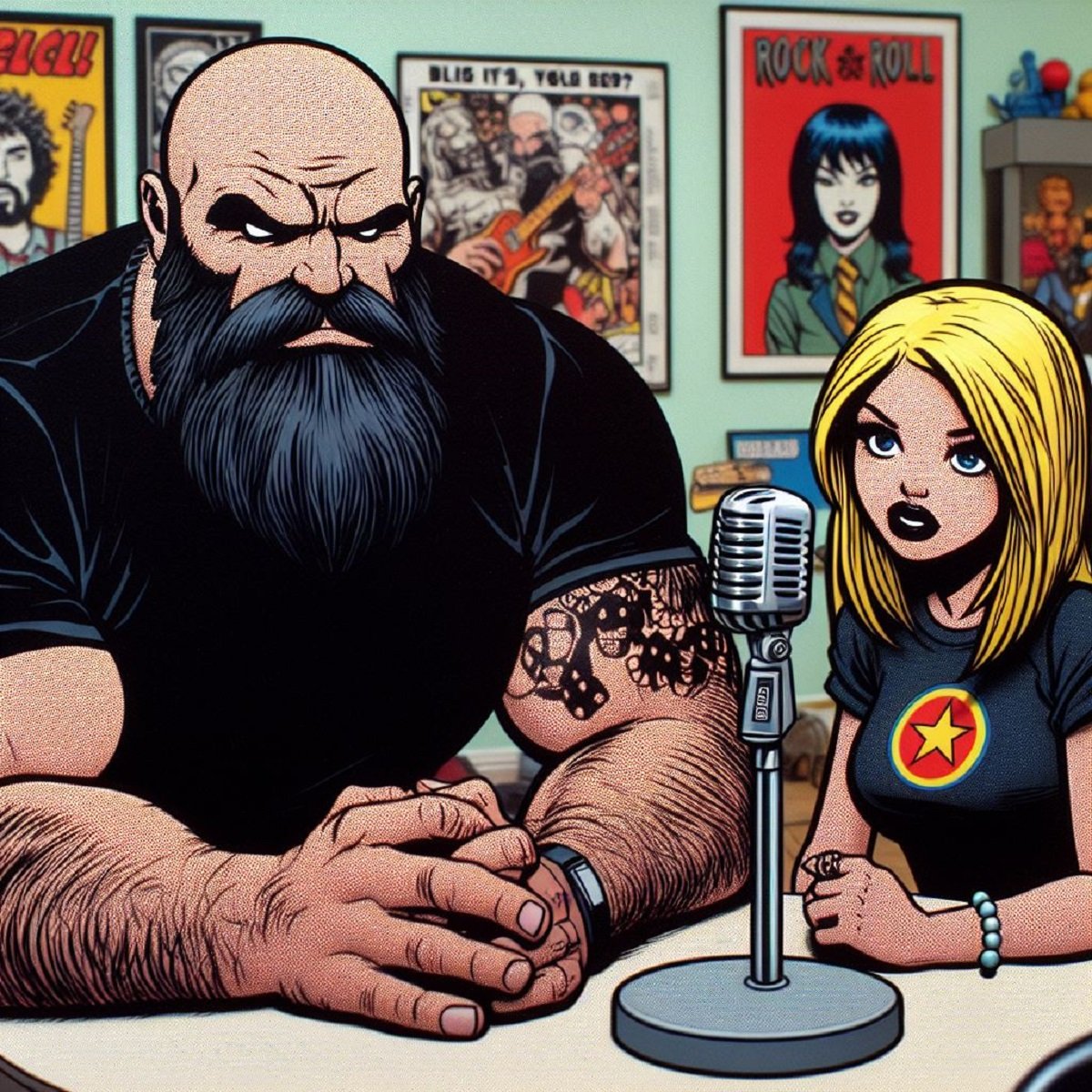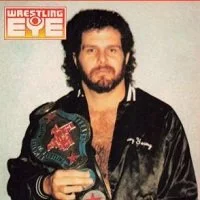By: Joseph Perry (Twitter/X)
Writer: When It Was Cool
Also Featured At: Gruesome Magazine, The Scariest Things, Horror Fuel, B&S About Movies, The Good, the Bad, and the Verdict, and Diabolique Magazine, and film magazines Phantom of the Movies’ VideoScope and Drive-In Asylum.
Film Review: Japanese Crime Classic Cash Calls Hell (1966)
Official synopsis: Facing the final days of his prison sentence for vehicular manslaughter, Oida (Tatsuya Nakadai) dreads reentering society as a ruined man with no future prospects. Sensing his street smarts, Oida's cellmate promises him a pile of loot if he tracks down and kills three men whose names are on a list. Reluctantly accepting the task, he finds himself embroiled in a web of stolen money, betrayal and other sordid vices. Torn between compassion and desperation, Oida discovers danger lurking around every corner as he navigates a treacherous path of cold-blooded fate.
Legendary director Hideo Gosha (Samurai Wolf, Violent Streets, Onimasa) helmed and cowrote — with Yasuka Ôno — a terrific blend of Japanese yakuza gangster and American film noir styles in Cash Calls Hell, one of his earliest directorial efforts. It’s a gripping ride that weaves through several unexpected paths, with Gosha balancing familiar tropes with the unexpected quite nicely.
Oida (Tatsuya Nakadai) is a man who worked hard to achieve success, even becoming engaged to his boss’s daughter. While driving his car, he has a falling out with another woman who he has been seeing, and he suddenly finds himself responsible for the deaths of a father and young daughter. On the eve of his release from prison, his cellmate Sengoku offers him a job: kill three specific men and receive 5 million yen for each murder.
With the life he knew before prison nothing but a memory, and feeling unwavering guilt over the deaths he caused, Oida sets out on the mission — only to find that the more he is involved, the more he wants to know about the mysteries behind each of the potential victims. Matters become even more complicated when one of the three men targeted for murder is killed, leaving his young daughter orphaned, and Oida reluctantly tries to take care of her.
Nakadai is terrific as an everyman antihero who sees little future for himself but who still has morals by which he lives. He heads up a fine cast that also includes Mikijiro Hira, Ichirô Nakatani, Hisashi Igawa, Kunie Tanaka, and Keneko Iwasaki.
Gosha balances the crime, thriller, and drama elements masterfully. There’s an air of mystery to the proceedings as both Oida and viewers try to work out the motives for the men’s appointments with murder. Tadashi Sakai’s stunning black-and-white cinematography gorgeously captures the gritty proceedings.
Oida’s journey through the seedy side of 1960s Tokyo, in which some people find themselves driven to desperation because of circumstances or choices, is a fascinating crime drama that has held up well through the years. I highly recommend it for its solid performances, engaging story, and skillful direction. Crime film aficionados of every stripe should find Cash Calls Hell immensely satisfying.
Film Movement Classics presents Cash Calls Hell, digitally restored on 2K from original broadcast elements. It premiered on VOD and Digital platforms on November 29, 2024.
Joseph Perry also writes for the websites Gruesome Magazine (gruesomemagazine.com), The Scariest Things (scariesthings.com), Horror Fuel (horrorfuel.com), B&S About Movies (bandsaboutmovies.com), The Good, the Bad, and the Verdict (gbvreviews.com), and Diabolique Magazine (diaboliquemagazine.com), and film magazines Phantom of the Movies’ VideoScope (videoscopemag.com) and Drive-In Asylum (etsy.com/shop/GroovyDoom).
If you found this article interesting, consider becoming a Patreon supporter. That is how When It Was Cool keeps our website and podcasts online, plus you get lots of bonus content including extra podcasts, articles, ebooks, and much more. Check out our Patreon Page to see what's up!



















































